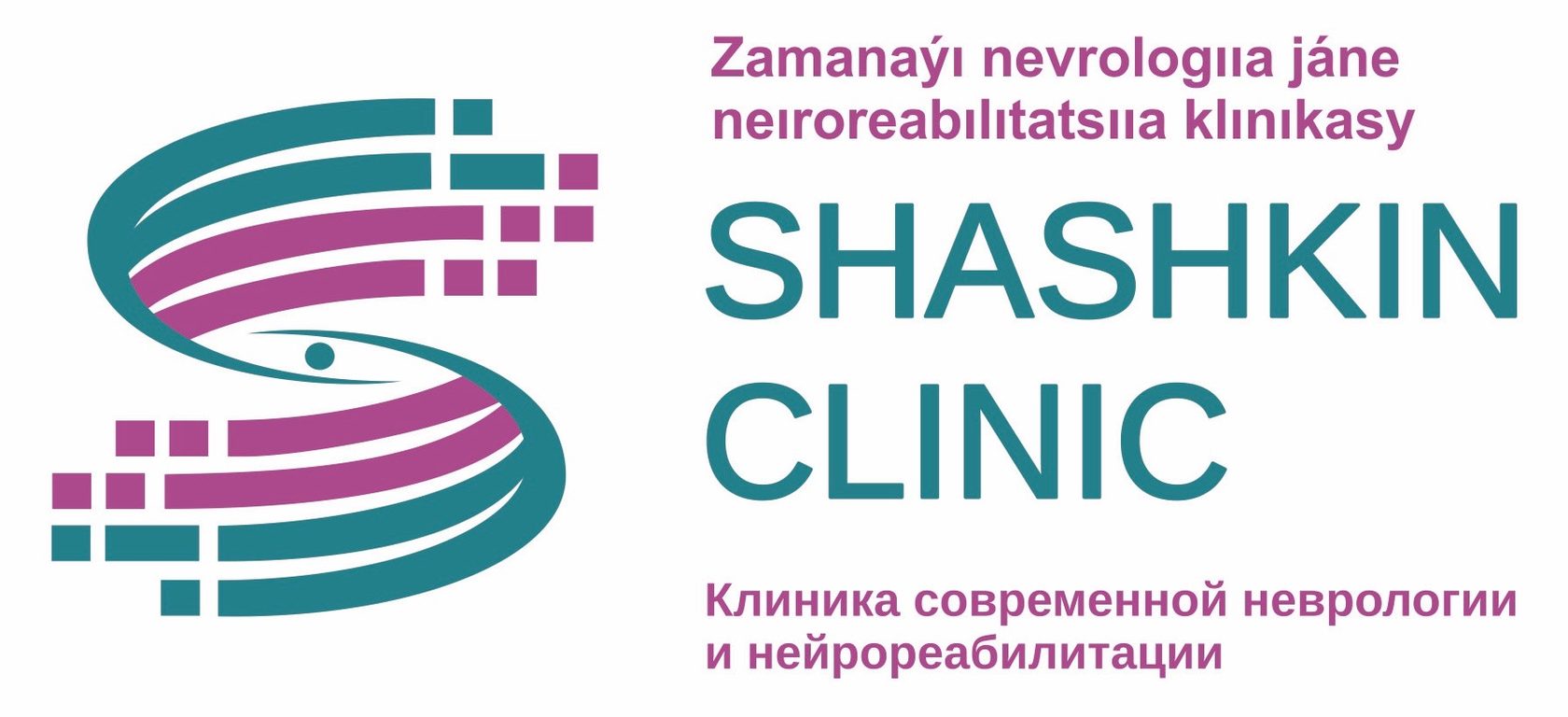Treatment
Epilepsy in Kazakhstan
Diagnostics, medical and surgical treatment of epilepsy from experienced doctors in Almaty

We accept patients with different forms of epilepsy. The clinic employs a highly specialized neurologist-epileptologist, as well as
if necessary, a neurosurgeon, a rehabilitation specialist and a psychotherapist who will help you choose the tactics of treating epilepsy. We understand what a big responsibility it is, and we make every effort to help our patients.


Epilepsy is a disease in which unexpected paroxysms are observed, caused by increased activity of neurons in the brain. They are accompanied by spasms and convulsions, as well as loss of consciousness. This disease can develop both as a side effect of another pathology, and independently.
Epilepsy is one of the most common neurological diseases worldwide. According to WHO statistics, about 5% of the world's population suffers from this disease. At the same time, many mistakenly consider it incurable - today there are several ways to get rid of it. Medical and surgical treatment of epilepsy in Kazakhstan is practiced quite successfully.
Causes of epilepsy:
- post-traumatic effect;
- circulatory problems;
- congenital pathology;
- the consequences of severe infectious diseases;
- genetic disorders.
Also, the practice of diagnosing epilepsy in Kazakhstan suggests that the disease can develop as a result of exhaustion of the body, a sharp change in climate and overwork.
There are 2 criteria by which the types of epilepsy are subdivided. The first - depending on the affected area of the brain: generalized (affecting the entire brain) and partial (increased charge of neurons is observed only in some areas). The second - depending on the causes of occurrence: idiopathic (caused by congenital abnormalities), symptomatic (occurs as a result of external influences or previous diseases) and cryptogenic (does not fit one or the other type, due to the absence of any visible changes in the brain ).
The main symptom of epilepsy is seizures that have a cyclical nature, during which there may be violations of motor functions, failure of the sense organs, and emotional swings. Attacks can be single or serial. In the latter case, a person may not pass into himself between them. The main signs of an epileptic seizure are tongue retraction, foam from the mouth, respiratory arrest, convulsions and wheezing.
Modern technologies allow for the most accurate diagnosis of the disease and determine the causes of its occurrence. The main method for this is electroencephalography (EEG), which allows you to get a picture of changes in brain activity. At the first examination, in most cases, the EEG is done during the patient's sleep, which makes it possible to identify the origin of the paroxysms. Brain tomography is also used. An important role in the correct diagnosis is played by the anamnesis, thanks to which one can get an idea of the development of the disease.
The process of treating epilepsy, regardless of the methods, takes a long time, during which the patient must be under observation.
Medical treatment of epilepsy in Kazakhstan
The main drugs in this case are anticonvulsants of different groups. They help stop seizures and prevent their occurrence in the future. However, drug therapy involves the elimination of not only the attacks themselves, but also the causes of their occurrence. Therefore, in parallel with them, depending on the type of disease, valproates or drugs against mental disorders associated with epilepsy are prescribed.
Treatment without medication
Many people think that you can get rid of the disease without medication, but this is not so. Many doctors recommend physical therapy or yoga classes in addition to the main course. Also, during remission, dehydration or resolving physiotherapy can be prescribed.
Surgical treatment of epilepsy
Surgical intervention is required quite rarely and is performed in cases where classical methods do not help. Surgical treatment of epilepsy is divided into 2 types - removal of the brain area that causes seizures or implantation of a stimulator (for partial seizures). The method of subpial dissection is also sometimes used - if the problem area is located in the areas of the brain responsible for speech or motor skills, it will not be possible to completely remove these areas without harming the nervous system. Then the surgeon makes notches around the affected areas - they prevent the spread of excessive neural activity to neighboring areas.

Specialists for the treatment of epilepsy
- Raisov Sanzhar Bolatovich
Epileptologist
neurologist (neuropathologist), adult and pediatric epileptologist, neurophysiologist
Shashkin Chingiz Sakaevich
Candidate of Medical Sciences, neurologist, parkinsonologist, functional neurosurgeon
specialist with 20 years of experience
Myrzaev Zhanibek Temirdzhanovich
Neurologist (neuropathologist), parkinsonologist
specialist with 7 years of experience
Mukhamadieva Maria Viktorovna
Psychiatrist, psychotherapist, clinical psychologist
specialist with 15 years of experience
Aliya Muratbaykyzy
Rehabilitologist, neurologist, physical therapy coach
specialist with 5 years of experience
Shanina Anastasia Igorevna
Speech therapist- defectologist, aphasiologist
specialist with 5 years of experience
Leave your contact details and our manager will contact you
Almaty, Bukhar-Zhyrau Boulevard, 45/1, Baizakov Street intersection
( inside the ''Keruen medicus'' building )
mon-fri — 8:00-17:00
Sat-Sun - weekends
shashkin.clinic@gmail.com
Facebook: chingiz.shashkin
Youtube: Chingiz Shashkin
Instagram: shashkin_clinic, doctorshashkin
TikTok: shashkin_clinic

